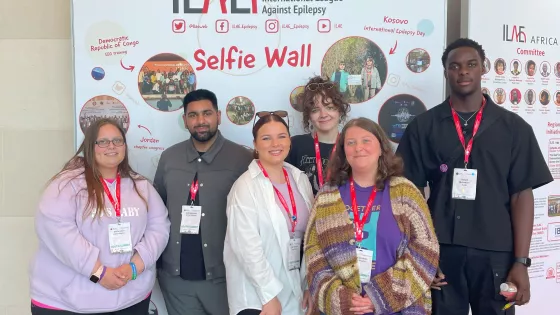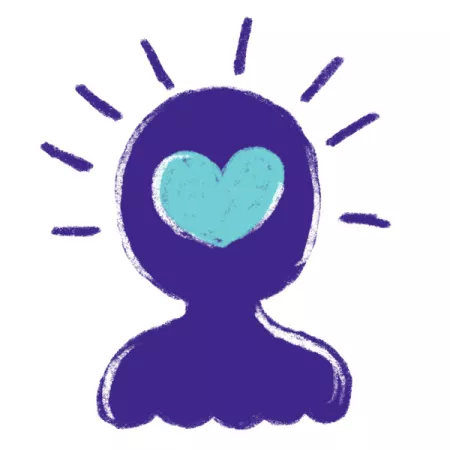Mental Health Benefits
- Reduced Stress and Anxiety: Knowing you have people who care about you can make challenges feel more manageable and can be comforting during hard times.
- Stronger Social Connections: Positive friendships and support systems should encourage open communication, helping to reduce loneliness and build secure and lasting relationships.
- Improved Self-Esteem: Feeling confident in your relationships and having others around that encourage us to grow, learn, and achieve personal goals, can help naturally increase our feeling of self-worth.
- Support and Safety: A reliable support system makes tough situations feel less overwhelming and ensures that help is always available.
- Purpose: Communities give us meaningful roles, whether through helping others or working toward a shared goal. Feeling useful and appreciated will also boost confidence and mental wellbeing.
- Increased Happiness: Feeling connected and a part of others’ lives brings fulfilment, satisfaction, and joy!
The youth voice network gave me connection, happiness, laughter. Finally, I wasn't alone anymore.
Thibika, Youth Voice Network
Simple Ways to Build Connections with Others
Starting conversations and forming genuine connections can feel daunting, but simple steps can make a big difference. Whether you’re meeting someone new or strengthening an existing relationship, here are some simple conversation starters:
- Introduce yourself: A warm intro helps break the ice and shows you’re open to getting to know someone.
- Ask about them: People enjoy sharing their experiences. Ask about their hobbies, background, or interests to create a dialogue.
- Connect over a shared experience: Finding common ground helps establish trust and makes conversations feel more natural.
- Give a genuine compliment: Noticing and appreciating something about someone can brighten their day and help open a conversation.
- Offer or ask for help: Noticing when others need help and being there to offer shows kindness, while asking for help yourself encourages trust and connection.
- Ask for their opinion: Engaging people in discussions about topics they care about is a great way to make conversations livelier and more enjoyable.
- Comment on the weather: A tried and tested method in the UK!
For me, being a part of The Young Reps group means a lot because it makes me feel less alone. I'm happy that I'm able to connect with others and feel like my voice is heard in some way.
Lauren, Youth Voice Network
Creating a Mentally Healthy Community
A supportive community nurtures mental wellbeing and ensures everyone feels included and valued. Here are some practical ways to build a mentally healthy space, whether you’re at university, work, or anywhere you connect with others:
- Encourage open discussions: Being able to share openly how they are feeling is important for everyone and helps creates a culture where peoples emotional well-being is understood and supported.
- Raise awareness: In today’s society mental health is becoming more of a talking point, but there can be some that still face stigma and misunderstanding. It’s important we all feel safe to educate others about mental health to help reduce stigma and encourage open conversations.
Join Our Youth Voice Network at Young Epilepsy
At Young Epilepsy, we believe in the power of community to support young people with epilepsy and improve their mental health. Our Youth Voice Network is a safe and supportive space where young people can connect, share experiences, and find comfort in knowing they are not alone.
Find out more about joining our Youth Voice Network and how you can be part of a community that values and supports young people with epilepsy.
Join the Youth Voice Network
Seeking Help
If you or someone you know is struggling with stress and mental health issues related to epilepsy, it is important to seek help. Speak to your epilepsy doctor or nurse about how you’re feeling. They can provide guidance and refer you to appropriate mental health services.
Remember, you are not alone, and there is support available to help.
If you’re sad, worried or lonely, text the word ‘PURPLE’ to 85258 to start a conversation with SHOUT.
This blog has been written in collaboration with SHOUT. Visit their website for more information.





